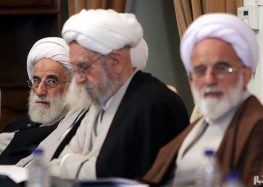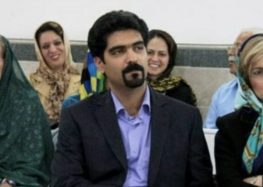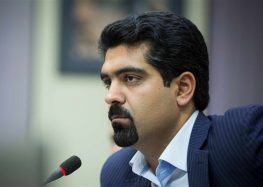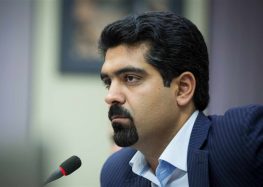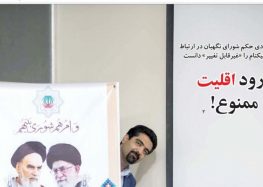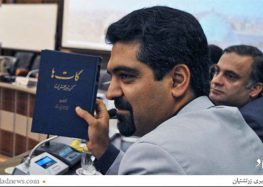Female Former Council Member Advocates For Women Candidates in Iran’s Local Elections

Political parties and factions in Iran should promote more women candidates in the country’s local council elections to improve gender equality, Sedigheh Vasmaghi, a former Tehran city council member, told the Center for Human Rights in Iran (CHRI).
“The councils are very important in managing local affairs. But besides that, we should bear in mind that gender discrimination is wide and deep in our country and we need to make a serious effort to combat it by allowing women to participate in various social, cultural and legal areas,” said Vasmaghi, who served on the council from 1998-2002.
Iran’s city and village council elections will be held on May 19, 2017, the day Iranians will also vote in their next president.
“One of the areas where women must enter and strongly compete in our country is in these council elections,” said Vasmaghi. “Women will gain experience by participating in local affairs and tackling administrative, cultural and even political problems.”
“Their participation in these councils will give them better skills to move up the ladder of political power,” she added.
According to figures from the Interior Ministry, only six percent of the people who registered for the May 19 local elections were women, a one percent increase compared to previous elections in 2012.
Prominent women who have been approved to run in Tehran include the first female mayor in Tehran’s 7th District, Zahra Sadrazam Nouri; the first female governor of Tehran Province, Zahra Nejad-Bahram; the founder of a non-profit organization that aids vulnerable women, Leila Arshad; architect and writer Taraneh Yalda; the director of Iran’s Multiple Sclerosis Society, Fatemeh Hashemi; former members of Parliament Fatemeh Rakeie and Shahrbanoo Amani; and journalists Ameneh Shirafkan, Marjan Tohidi, Zahra Ahtiani and Nasrin Vaziri.
“I hope that in this round, at least in the big cities, we will witness a stronger presence by women on the lists of candidates (proposed by political parties),” said Vasmaghi, who currently lives in Sweden. “We need competent and qualified men and women to enter the councils. We have more than a few women who are qualified and capable.”
Despite being repeatedly disqualified in the past, one of Iran’s top political activists, Azam Taleghani, registered in April to run in Iran’s presidential election.
The Guardian Council, which vets all presidential candidates, has never approved a female applicant, and has never explained why.
Asked about a letter from the council attempting to also bar non-Muslims from running in the local elections, Vasmaghi told CHRI she felt “ashamed” as a Muslim by the news.
“We no longer live in times where we can reject candidates because of their religions or beliefs,” she said. “This is a very wrong and backward interpretation of Islam.”
“It’s inhuman and immoral. I’m glad the election board has ignored this ruling. I hope this kind of wrong thinking will be challenged and corrected so that religious minorities will be present in all positions in the country, regardless of their religions or beliefs,” she added.
In his letter on behalf of the Guardian Council, ultra-conservative chairman Ahmad Jannai wrote that the body’s theologians believed Article 26 of the Law on the Formation, Duties and Election of National Islamic Councils (1996), which explicitly allows candidates to be followers of any of the religions recognized in Articles 12 and 13 of the Constitution, was against Islam.
The Guardian Council’s move was criticized by current and former MPs as well as a senior Shia theologian, and struck down by Speaker of Parliament Ali Larijani.
According to Ghasem Mirzaie Nikoo, a member of Tehran’s Monitoring Committee for Council Elections, the committee had received a written directive from Larijani to ignore the council’s declaration.
Despite Guardian Council Spokesman Abbasali Kadkhodaie’s insistence that the ruling was mandatory, monitoring committees have approved some religious minorities’ candidacies.

